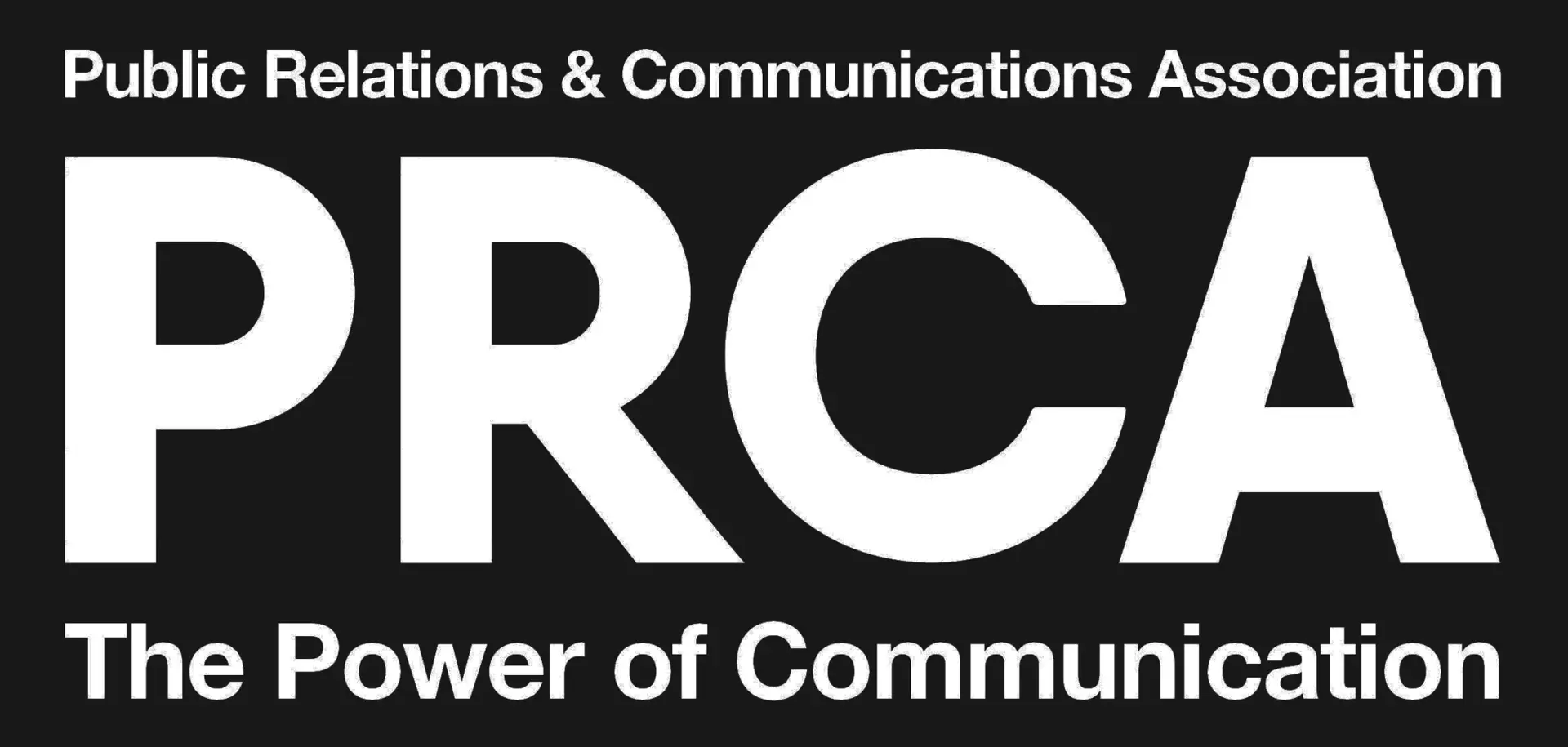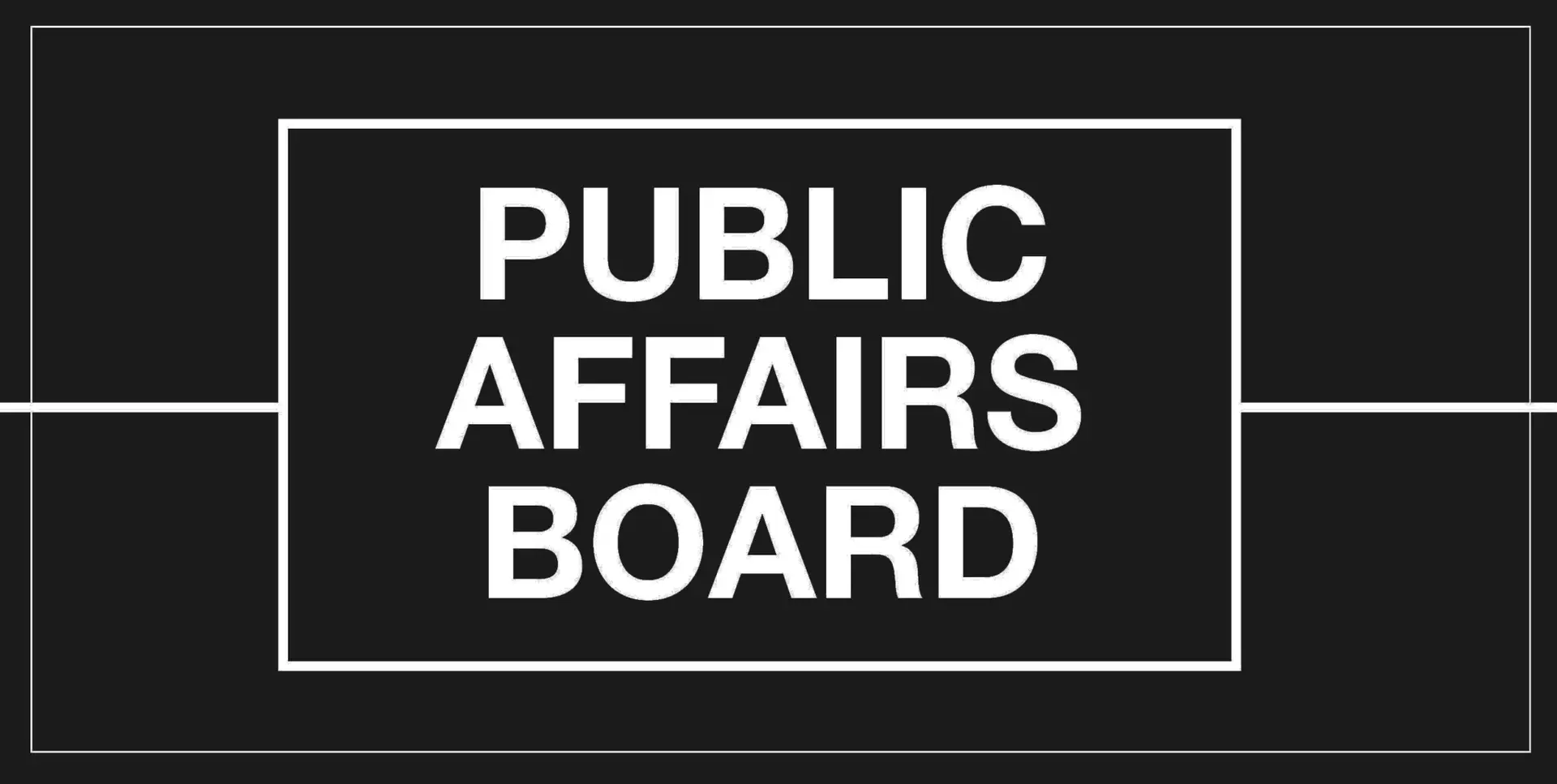1. Fusion test facility to open in Rotherham
The UK Atomic Energy Authority (UKAEA) is going to open a new fusion energy research facility in Rotherham, Yorkshire. The facility will cost £22 million and is hoping to engage industry in commercial fusion energy development. Once completed, the project could act as a major source of low-carbon electricity. The main role of the facility will be to develop and test joining technologies for fusion materials as well as components including novel metals and ceramics.
(UK Atomic Energy Authority, New fusion test facility to open in Yorkshire, 16 September 2019, Link)
2. Final version of Radioactive Waste Strategy published
In 2016, the Nuclear Decommissioning Authority (NDA) made a commitment to develop a single radioactive waste strategy for the NDA group. Following a twelve week consultation period, the final version of the Radioactive Waste Strategy has been published.
(Department for Business, Energy and Industrial Strategy, Radioactive Waste Strategy, 16 September 2019, Link)
3. Sellafield welcomed as part of northern green energy revolution
At the launch of its northern energy strategy, the Northern Powerhouse Partnership stated that the pioneering work of Sellafield and its supply chain can provide a foundation to build a low carbon energy industry in the north of England. Jamie Reed, Sellafield Ltd’s head of corporate affairs welcomed the news commenting that they are ‘very supportive of the aims and ambitions of NPP’s strategy’ and that ‘low carbon energy production is crucially important for economic growth and to meet the UK’s target of zero emissions by 2050.’
(Sellafield Ltd, Sellafield success can be a launchpad for northern growth, says report, 13 September 2019, Link)
4. Minister for Industry and Business makes statement to International Atomic Energy Agency General Conference
On Monday 16 September 2019, Nadhim Zahawi, Minister for Industry and Business, made a speech to the 63rd International Atomic Energy Agency General Conference in Vienna. In the speech, Nadhim reasserted the UK’s commitment to reaching net zero by 2050 and stated that nuclear energy will play a key role in reaching this target. He states that the Nuclear Sector Deal is bringing industry and Government together and that the UK Government is currently exploring innovative financing models for new nuclear projects.
(Foreign and Commonwealth Office, Department for Business, Energy and Industrial Strategy, UK Statement to the 63rd International Atomic Energy Agency General Conference, 17 September 2019, Link)
5. Largest fusion reactor hires GDES Surface Treatment Business Unit for coating applications
Fusion for Energy, the EU organisation responsible for overseeing Europe’s contribution to INTER, has engaged the services of the GDES Surface Treatment Unit for the application of specific coatings to the building that will house the ITER machine. The work will take place over three and a half years and will involve up to 40 workers from the French subsidiary of the company. The INTER project involves 35 countries collaborating to test the potential of fusion as a large-scale, carbon-free source of energy.
(Nuclear Industry Association, GDES participates in the construction of the largest fusion reactor in the world, 18 September 2019, Link)
Brevia Consulting provides straightforward political advice and support to businesses and organisations.
Discover how Brevia can provide public affairs support to your organisation by calling the Brevia Energy Team on 020 7091 1650 or emailing contact@brevia.co.uk.






